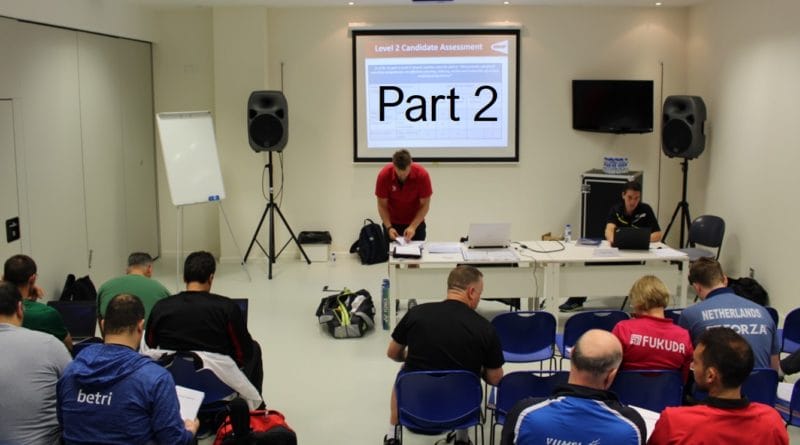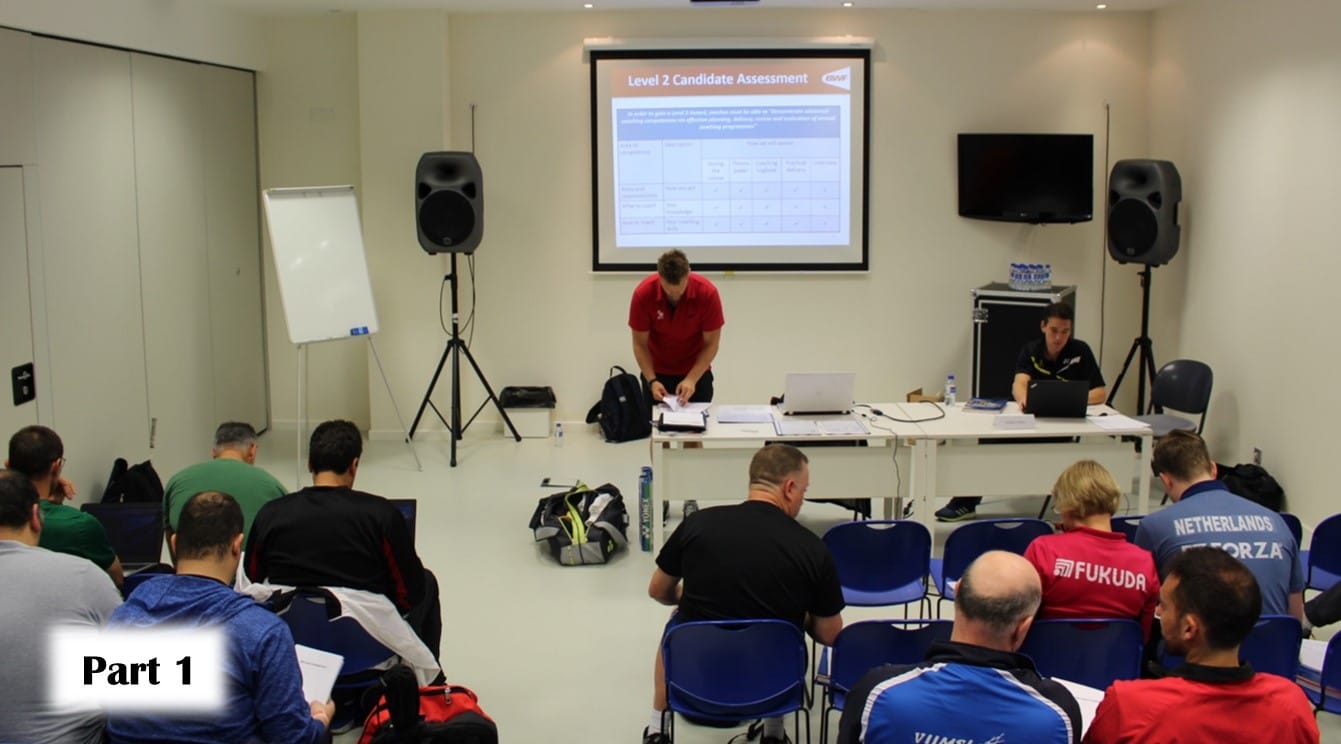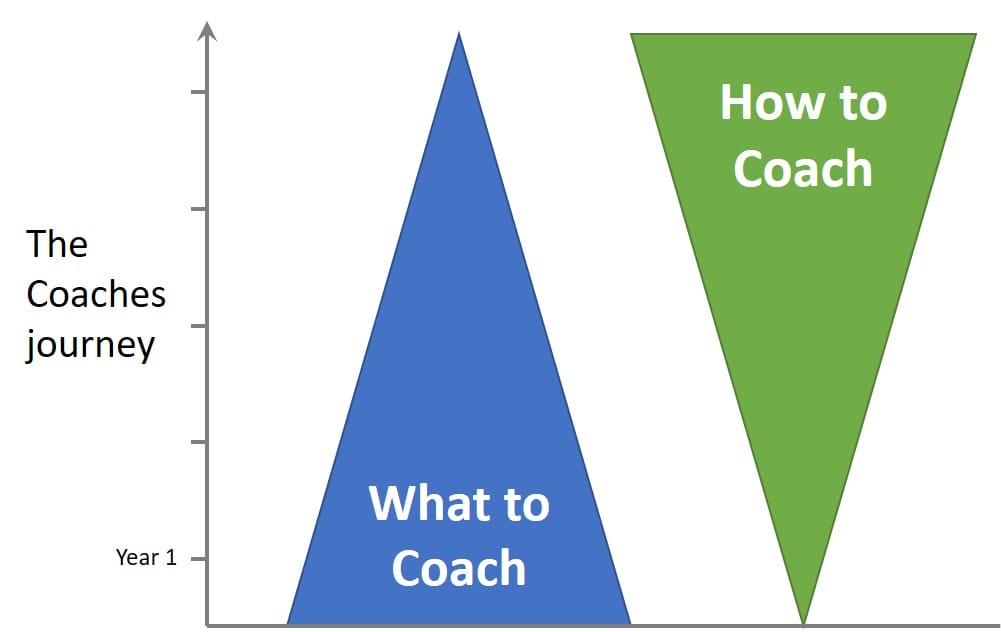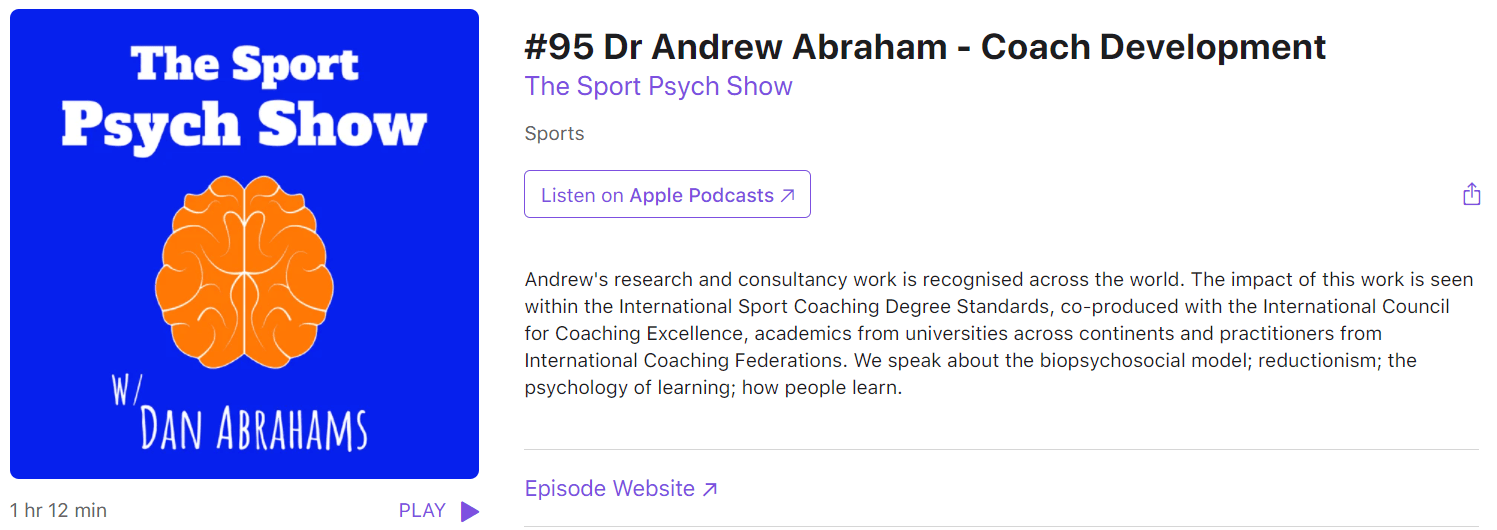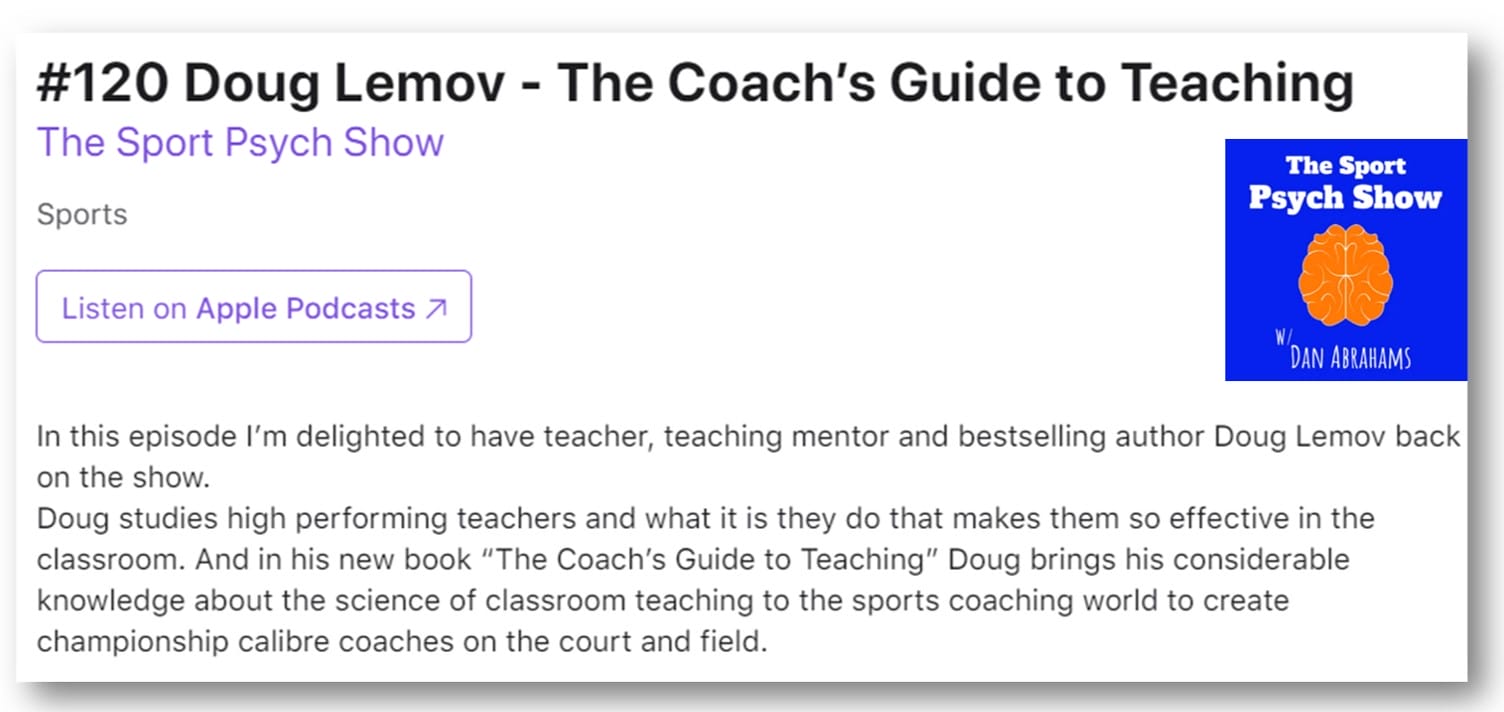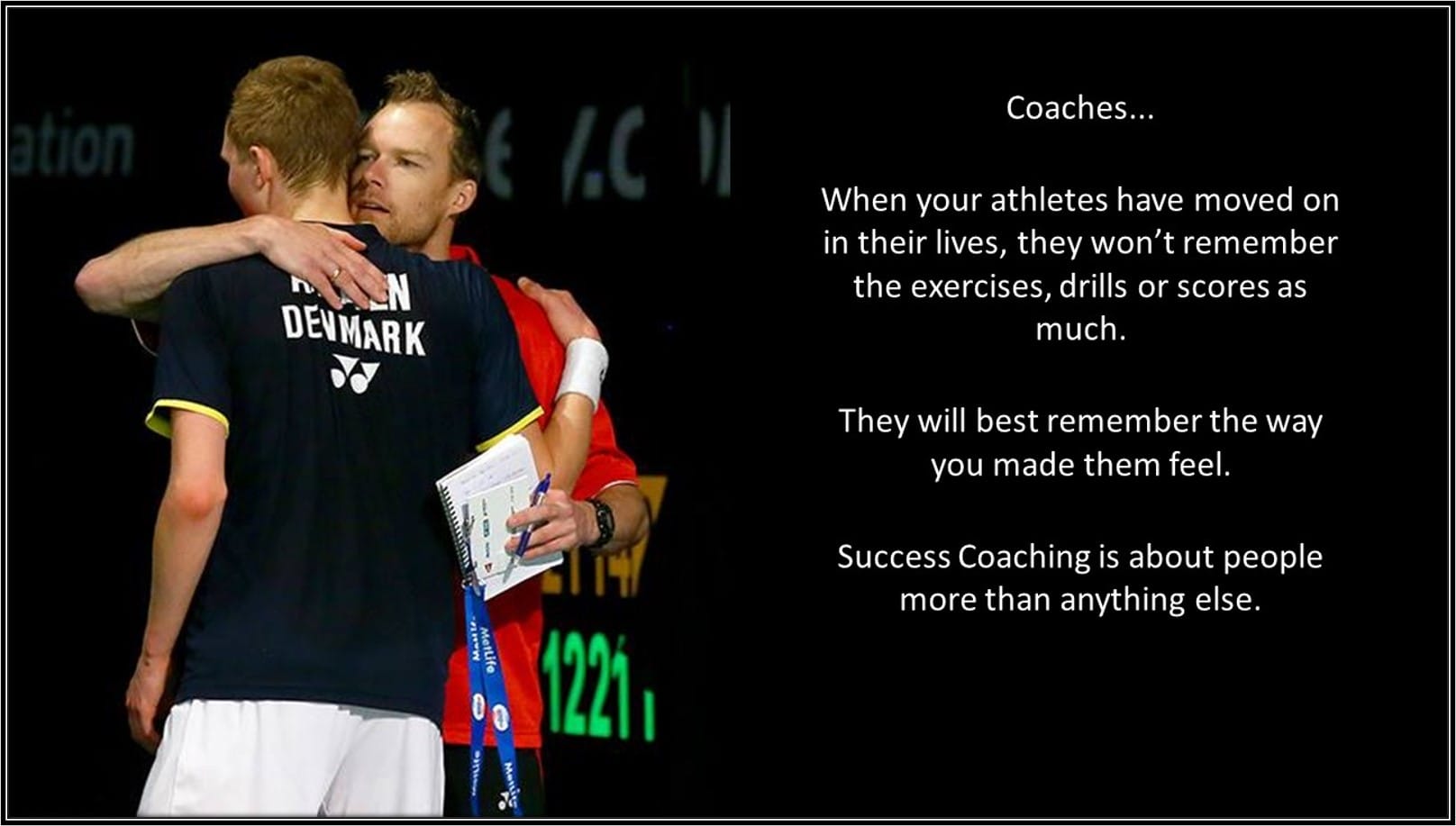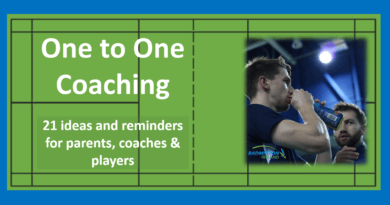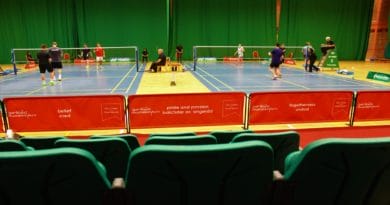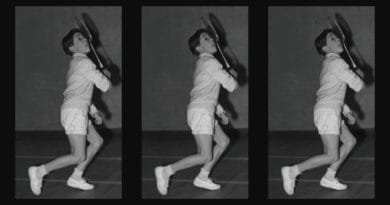6 Ways to transition successfully from a Player to a Coach – Part 2
Where does your coaching knowledge come from?
How many references should you make to how you were coached or how you learnt skills?
 This is part 2 of the advice and ideas that will help you with yoit Player to Coach transition
This is part 2 of the advice and ideas that will help you with yoit Player to Coach transition
If you haven’t read Part 1 – click the image
How do you assess the coaching you had when you were a player?
Can you remember what you did and why your coach planned your sessions that way?
– – – – – – – – – – – – – – – – – –
1. Learning to deal with the career change
2. Find your coaching style & know your strengths (as a coach not a player)
3. Find a mentor: visible or quietly
4. Reflect, Enquire, Reflect, Enquire
5. Be prepared to… A list that should help you
6. Getting started as a coach
– – – – – – – – – – – – – – – –
4. Reflect, Enquire, Reflect, Enquire
Managing your Player to Coach transition is an exciting time, I certainly believe that it is. However, you will need to replace that match-winning feeling with another equally satisfying emotion.
Have you thought about what skills /strategies you will use to replace this feeling, especially now that you are helping others improve? What could that coaching feeling be, the one that replaces a tournament trophy?
You must find challenge and satisfaction from your coaching. It’s very important otherwise an early form of coach burnout/boredom/frustration will exist.
I’d like you to consider that it’s the process of coaching that will now become your driving emotion. Helping others, watching your skills work, developing an insight into what works (or doesn’t) will give you the satisfaction you need.
Just delivering the same old lessons, week after week will, I promise, make you miserable or maybe make your players miserable and lose motivation.
Now is the time to decide that the journey of being a coach will be an endless process. One where you will embrace your current knowledge, decide that you must search for more knowledge, and then seek to use your knowledge differently, depending on the players’ needs.
I’ve found that not being afraid to reflect on what you do, say and think, is essential
It sounds easy but is it?
Reflect
It is very easy for me to suggest that you learn to reflect, but doing it or even learning to do it can be oh so difficult! Think back to any coaching courses you’ve attended, think back to any education you’ve had, have you ever been taught any processes to help you reflect?
You will need to develop skills and strategies for looking at all you do and how to reflect on all those thoughts you have. Plus strategies on how to cope with the questions you come up with.
But, reflect you must if you are to move forwards quickly
Be aware that you may not want to reflect on what you do, think and know. It can be a scary often disturbing thing to do. The realisation that you don’t know as much as you want or can’t find that exact practice routine to help your player ( ** it probably doesn’t exist ! **)
Ok, I can’t tell you to reflect and why should I !
It’s your coaching and how you go about it is up to you. But remember you are there to deliver something to your clients. Do they want to improve, increase their enjoyment being on the court, to achieve a target, the list is endless from clients.
Are you prepared to reflect on what you do – is your coaching effective?
Enquire
To learn alone is to learn slowly, maybe to learn inefficiently!
I was daydreaming one day during the evening on a coaching camp. I wanted to become better at what to coach and how to coach.
However, I had no idea how to gain both sets of information at the same time.
Then I realised that I knew far more about what to coach and far less on how to coach. Nearly all the information I could remember from the Coach Education courses seemed to be about ‘what to coach’. I’m sure they taught me some things about how to coach but I just couldn’t remember that.
I thought I knew lots about ‘what to coach’ (but maybe I didn’t) and I certainly realised that I knew far less of ‘how to coach’
The Danger of an enquiring mind
I’m willing to say that my enquiring mind probably slowed my development as a coach in the early years. I had too many questions and very few answers. Plus I didn’t have anyone willing to talk with, that came later.
I realised after a few years that how to coach was far more important than what to coach. Unfortunately, I wanted to know the answers (the how) before I acted and it almost stopped me from coaching.
I had no idea how to find answers, shortcuts and processes that would help the players in front of me. The different methods (the how) that I needed. Just repeating the same practices, either didn’t get the results we wanted or progress suddenly stopped.
I thought I knew what to coach but I found that my instructions didn’t produce the development I wanted and expected. I needed new ideas and information for the ‘how to coach’.
My desire to find new and more effective, efficient ways to coach became a passion.
I wanted to coach more effectively. Say less but achieve more!
It’s important to have an enquiring mindset but more importantly, you need to know what to do with the questions, issues, thoughts you create.
I suggest that you develop a support system that welcomes your enquiries
- Friends – do you have a close ‘bubble’ that will accept your quick questions without initial judgment. Friends, who don’t mind what you ask and can as be honest and say that they don’t know what to advise at times.
- Mentors – See point no.3 above. You need someone not only to listen to your thoughts but to also plant questions and challenges in your mind. Learn to work with people who know more and are willing to share.
- YouTube – Everyone looks to this for ideas, but how many of you watch the videos and consider how you would improve on the information provided. Start with a question then watch the video, don’t just accept what they deliver
 Twitter : some of my favourite accounts can be found here
Twitter : some of my favourite accounts can be found here- Podcasts : If you want a quick listen to a podcast directly related to the “how” when Coaching and the different methods, then click here to listen to Dr Andrew Abraham interview by Dan Abrahams from the Sport Psych Show. Start at 39:30 mins if you want to jump straight to the information on How to Coach
Repeat
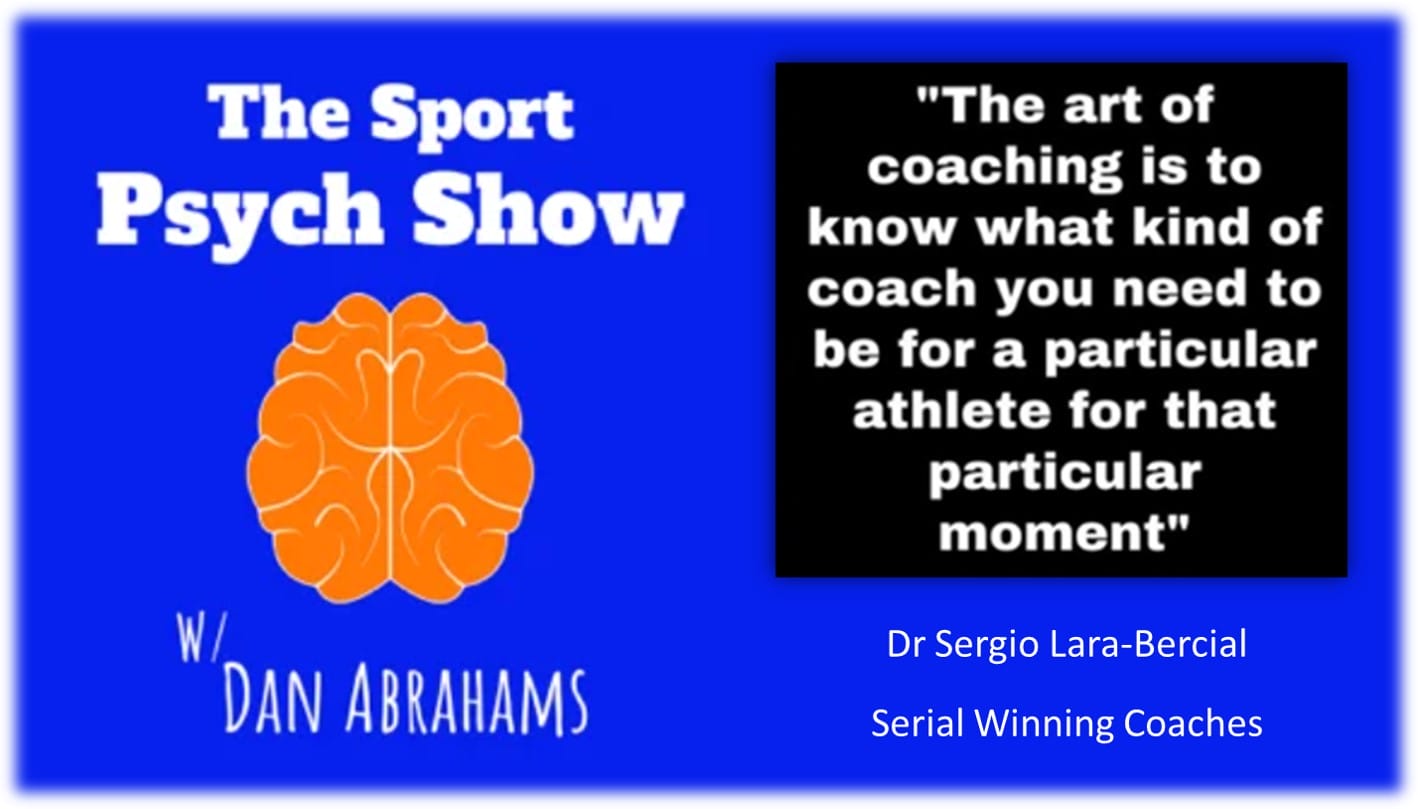 The cycle of Reflect, Enquire, Reflect, Enquire is lifelong
The cycle of Reflect, Enquire, Reflect, Enquire is lifelong
Part way through your coaching journey you may have more questions than answers. Don’t worry it’s common amongst coaches.
The cycle of reflection never ends!
It probably changes as you become better at understanding the aspects you want to consider. However, the questions just become more specific and relevant to the situation. Please don’t fear this process, learn to enjoy it as it will reward you in the long-term.
If you click on this image you can listen to an interview with Dr Sergio Lara-Bercial from Leeds Beckett University.
He discusses his study into the practices and developmental pathways of professional and Olympic serial winning coaches. After interviewing 14 serial winning coaches and 21 of their athletes from 9 countries and 11 sports the work has produced some interesting findings.
In the podcast they focus on, specifically “driven benevolence”; work/life balance and avoiding burnout; perfectionism; 20/20 vision; and emotional stability.
Learn to embrace the process of Reflection — Enquiry — Reflection
– – – – – – – – – – – – – – – –
5. Be prepared to… a list that should help you
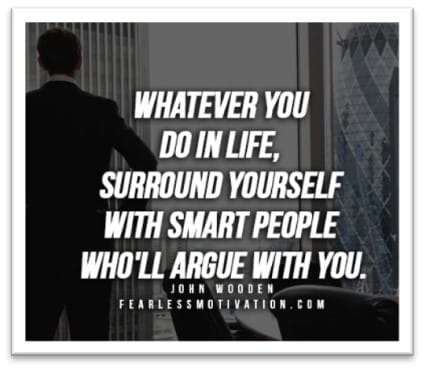 This is a list of all the things I’ve learnt when talking with ex-players who have now become coaches and mastered (mostly) that Player to Coach transition.
This is a list of all the things I’ve learnt when talking with ex-players who have now become coaches and mastered (mostly) that Player to Coach transition.
They apply to coaches at all levels and maybe even to life 🙂
- Make mistakes and not only recognise them but search for them. Often it’s only after reviewing the progress or lack of it, you realise that all isn’t as good as you wanted from you or your players. You must expect your players to improve!
- Put in the effort as you did when you were playing but now instead of sweat and a high HR, it will be your thinking and reviewing brain that will be working hard. Consider what the equivalent of a high Vo2 would be for a coach? Maybe it’s headaches or moments of being unsure.
- Be comfortable that your best coaching will not come for several years. Just as you developed as a player so you will do the same as a coach. Are you willing to believe that? It would be tough to tell your first employer so maybe it’s the truth you need to keep hidden.
- Are you ready and willing to be questioned/quizzed by others: players, parents, other coaches. This may be something new to you, especially the way they ask and phrase the questions. If these people aren’t asking you questions be careful, maybe you are not as approachable as you think. Be prepared to say “mmm I’m not sure about that, I’ll get back to you”
- Create evaluation methods, you probably won’t be taught them on your Coach Education courses 🙁 Identify methods to evaluate the effectiveness of your coaching against the goals of your players. Remember not every player wants to be a champion. Are you prepared to coach to ensure players get maximum enjoyment, not development?
- Work as an assistant; possibly unpaid !!! Do you see this as an advantage or do you feel that your talents are worth paying for?
- Apply yourself with motivation. Mediocre, lacklustre (just delivering without thought) coaching will eventually not give you the satisfaction and enjoyment you found as a player. Ensure that in years 2 and 3 you are still learning and developing.
- Work hard on acquiring the skills of • Knowing what to coach •The different methods of ‘how’ to coach • Understanding the different ways in which people learn How many of the 3 coaching skills did you learn as a player.
- Read the next post called 6 Ways to avoid the pitfalls of moving from player to coach (coming soon)
– – – – – – – – – – – – – – – –
6. Getting started as a coach
Here are some general tips to becoming a coach whilst still playing. Try these prior to your Player to Coach transition
Qualifications
- Take qualifications whilst you are still playing
- Try to get someone else to pay for the course as they can be expensive
- Even if you think they won’t teach you anything, they will be required to get jobs later on. A BWFL2 is a minimum.
- I would recommend that you do extra qualifications such as S&C, PT, Psychology courses.
- Consider becoming a Coach Tutor after 3 0r 4 years of Coaching. This will both add to your knowledge and to your income.
Creating income and the Official stuff
- Get on social media and create a personality. Opportunities and income will come from that.
- Pay tax and keep your books in good order
- Be prepared to work for free and assist another coach (don’t forget to learn & reflect). Giving your time freely without expectation will repay you back at a later date. Please believe that.
- Ensure that you have insurance
- Learn to string as it will bring you income and an opportunity to provide a complete service
The Final word
- Build a coaching network, this is very important
- Contact other coaches, even if don’t know them, ask if you can observe them for a while. You will never know who will say yes, who will say no, or who will say yes and ask for your opinion 🙂
- Be prepared to evaluate how much of the information you gained from being a player you can really use in your coaching of that person in front of you
- Be honest with yourself and be super motivated to develop as a coach, not a player who now coaches
– – – – – – – – – – – – – – – –
You don’t have to follow any of my thoughts you could always choose the alternative way
Why not just jump in and start coaching
- Maybe you believe that your playing skills and experiences are enough and you have plenty of information to pass on
- Why just not coach the way you were coached when you were younger, it worked for you then it must work for others
- You understand how you learnt and that is a great place to start
- It’s easy for you to write a great training plan and control the coaching environment
- Your experiences and stories of how you did things on the court are enough to help others
So why not start and see what happens … it’s your choice!

